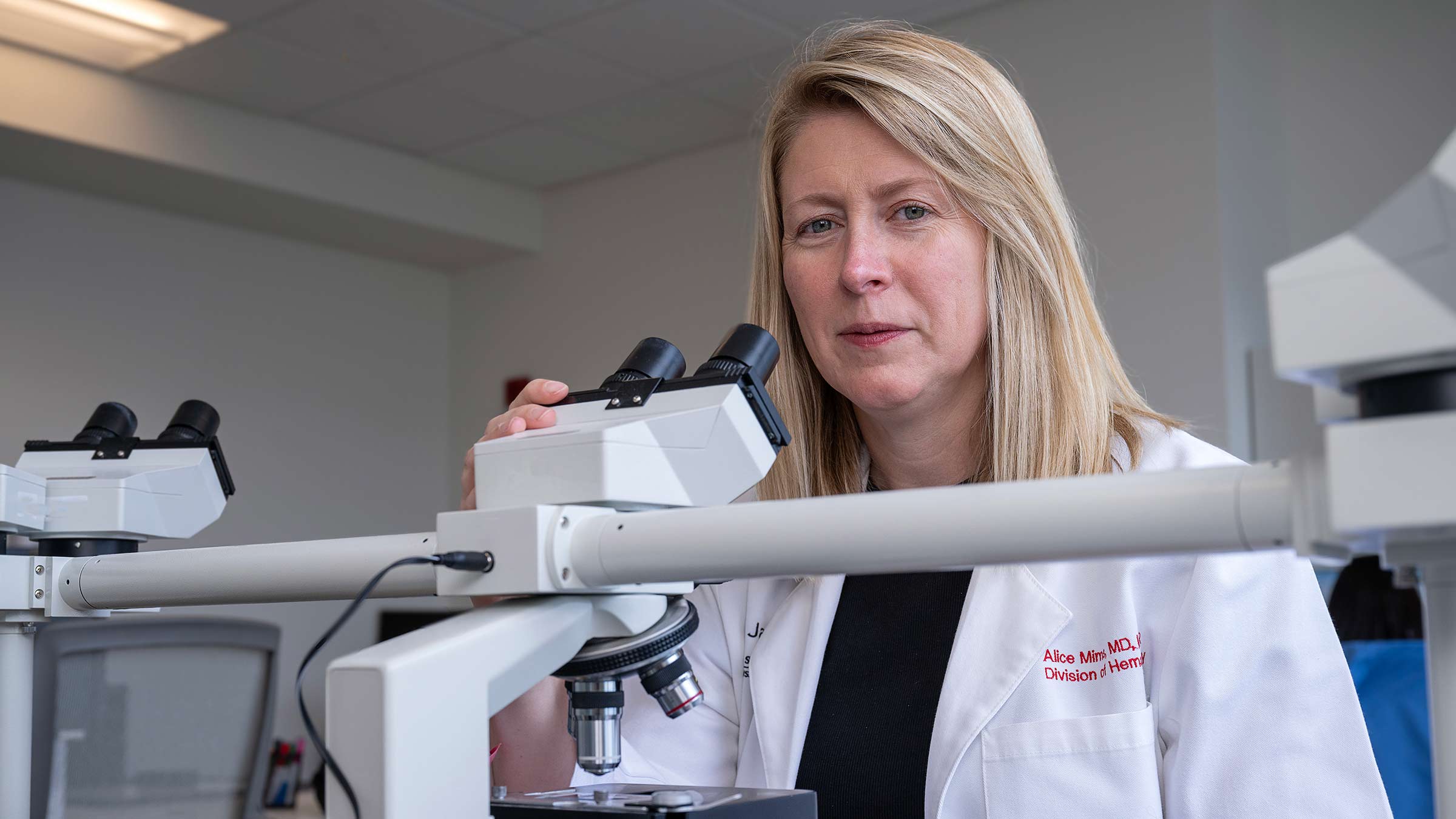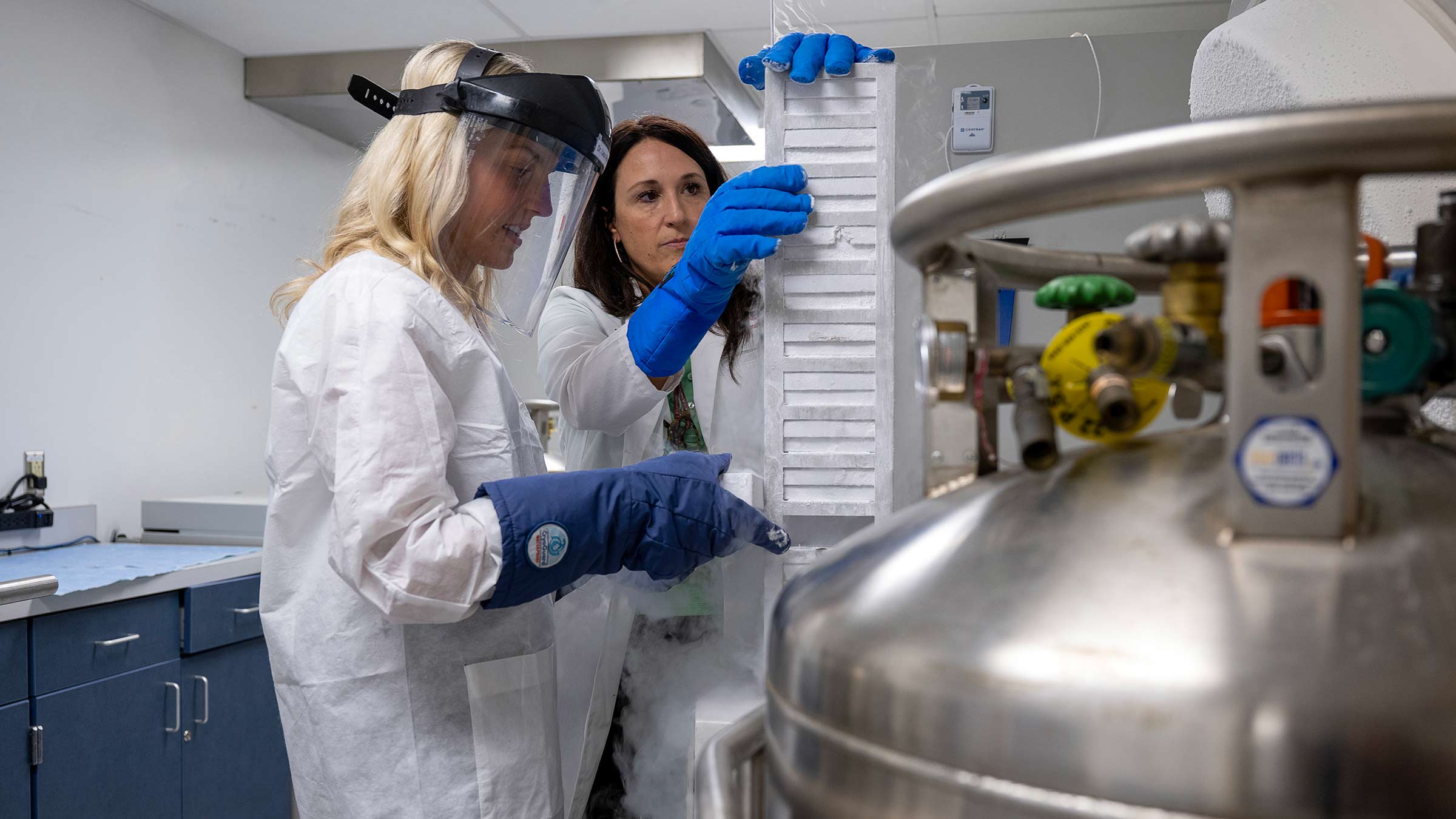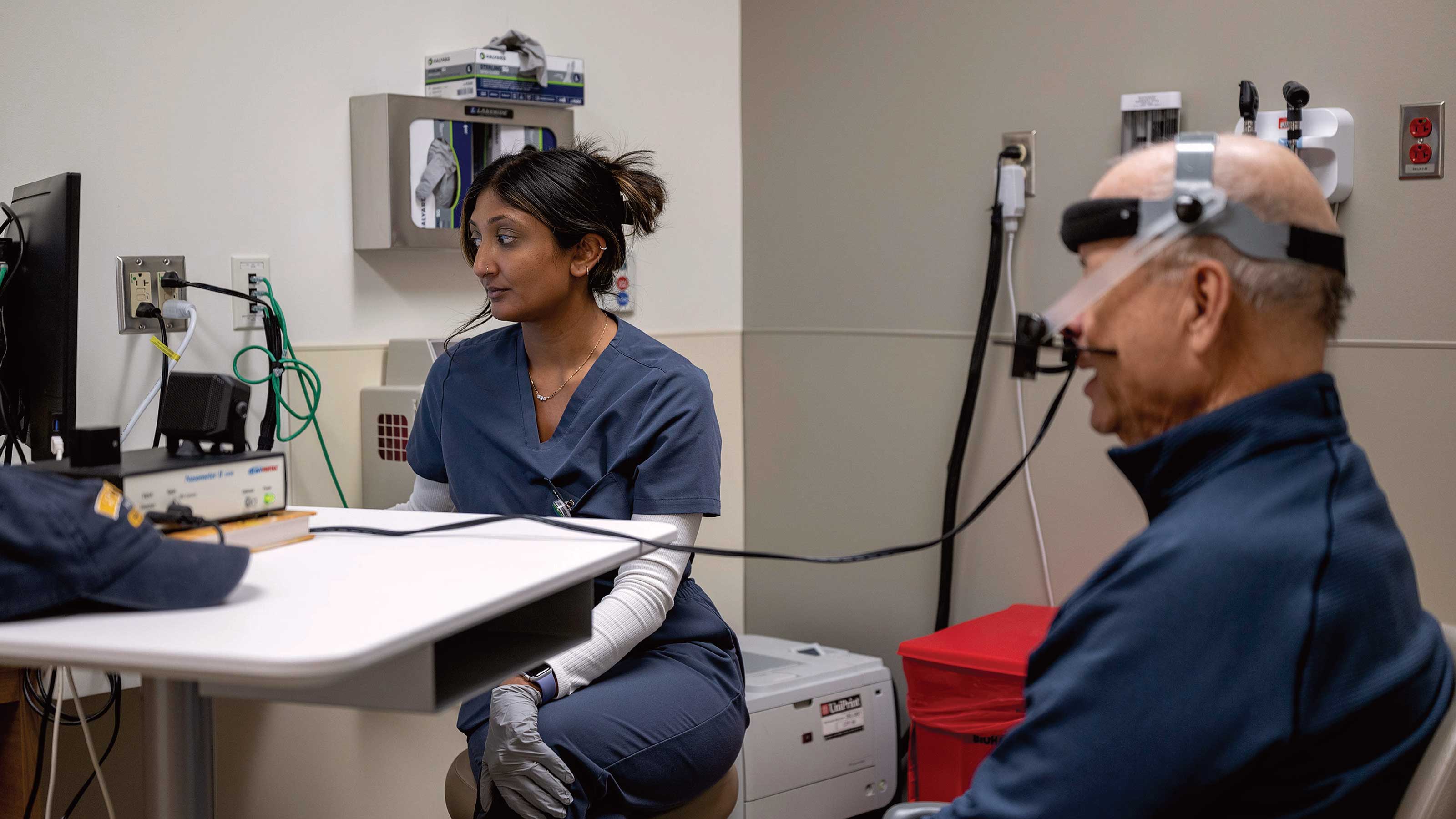Fueling the next generation of cancer research
The Pelotonia Scholars program provides critical funding, resources to jumpstart the careers of junior cancer researchers.
Madilynn Yano spends hundreds of hours in laboratories, conducting tests and analyzing results to support a researcher’s study.
As a young researcher, her goal is to improve the quality of life for patients with cancer or help find new treatments.
“You meet people who have hardships and firsthand involvement with certain cancers. It definitely strikes a passion,” says Yano, a senior biology major at The Ohio State University.
Most students begin their first lab jobs as volunteers in exchange for meaningful research experience.
Luckily for Yano, she doesn’t have to worry about an additional job for living expenses.
Cycling toward innovation: Pelotonia’s commitment
The Pelotonia Scholars Program funds early career researchers who are committed to fighting cancer like Yano.
The program receives $2 million from Pelotonia, an annual cycling event series that raises critical funds to fuel cancer research towards the goal of ending cancer. Each year, 100% of the money raised through Pelotonia funds cancer research at The Ohio State University Comprehensive Cancer Center – Arthur G. James Cancer Hospital and Richard J. Solove Research Institute (OSUCCC – James).
The program supports Yano’s work in the laboratory so she can focus on studying how certain DNA mutations affect the outcome of chronic lymphocytic leukemia — a type of cancer that affects white blood cells and develops slowly.
“I can actually focus on the science,” says Yano, a 2025 Pelotonia scholar.
She’s part of a pipeline of young researchers who will become the next generation of cancer researchers.
“You always need that first step,” says Dr. Rosa Lapalombella, PhD. She’s director of the Pelotonia Scholars Program, where she oversees the peer-review process used to evaluate grant applications and select the proposals that have the best scientific merit for funding. She also serves as a mentor to some of the scholars, including Yano.
Each year, the Pelotonia Scholars Program helps young researchers pursue cancer studies by funding their lab experience for one to two years.
In 2024, there were 32 scholars — 13 undergraduate students, 14 graduate students, three postdoctoral researchers and two medical students.

How Pelotonia scholars are changing lives
“My experience with the program validated that I wanted to help patients with cancer diagnoses, in particular acute myeloid leukemia (AML),” says Alice Mims, MD, who was a Pelotonia Scholar in 2011.
Dr. Mims says the experience provided a foundation around drug development in AML — a type of cancer that attacks the blood and bone marrow of patients — and other myeloid malignancies.
She’s now a co-leader of the Leukemia and Hematologic Malignancies Research Program and an associate director of Clinical Research for the Division of Hematology.
“It really helped me grow as a clinical researcher and build strong connections with translational researchers. Thanks to these collaborations, we’ve been able to introduce new therapies for our patients,” Dr. Mims says.
After Yano graduates, she plans to go to medical school and continue working in a laboratory while also treating pediatric patients.
“I couldn’t see myself doing anything else,” she says.
A dedication to science
While not every participant will continue to study cancer or go to medical school, many do remain in science-based fields, says Dr. Lapalombella.
These science-based fields are often intertwined with cancer research and are a mark of success for the program.
She cited one example of a scholar who, while studying the effect of bacteria on sulfur metabolism within the human gut — a process that has been linked to colorectal cancer development — discovered a novel chemical reaction that allows bacteria to produce industrially significant quantities of ethylene, which can be used in plastic production.
“It may not necessarily touch on cancer right now. We don’t know the impacts. That’s why research is so important, right?” Dr. Lapalombella says.
The program also doesn’t require learners to study specific disciplines to be accepted.
“As long as it has the ability to develop tools, regulations or anything that may improve the lives of patients with cancer, it goes under the umbrella,” Dr. Lapalombella says.
Some of the more diverse scholars’ backgrounds have included studies in bioengineering, psychology, and even topics including dance and the arts to understand how it can help patients with cancer manage stress.

‘I couldn’t do it without Pelotonia.’
Researchers who apply to the program must already have a lab mentor and a problem they want to pursue for the next year.
“It enables graduate students, postdocs, medical students and undergraduates to engage in lab work, ensuring that even those who cannot afford to volunteer can participate in paid opportunities.”Rosa Lapalombella, PhD, director of the Pelotonia Scholars Program, co-leader of the Leukemia and Hematologic Malignancies Program at the OSUCCC – James
The Pelotonia Scholars Program, since its inception in 2010, has empowered 712 students by giving funding for one year of their cancer research after a selection committee approves their proposals.
Overall, the scholars represent 53 countries and 36 U.S. states. Each year, toward the end of the program, the Pelotonia Scholars give a presentation of their research at a symposium.
“I’m learning and researching while I’m helping people further the whole field of medicine,” Yano says. “I couldn’t do it without Pelotonia and the guidance I’ve received from this lab.”

100% of every dollar raised by Pelotonia funds lifesaving cancer research at the OSUCCC – James
See where the money goes.
Pelotonia-funded research



